The NATO 75th anniversary summit: a whiff of provisionally
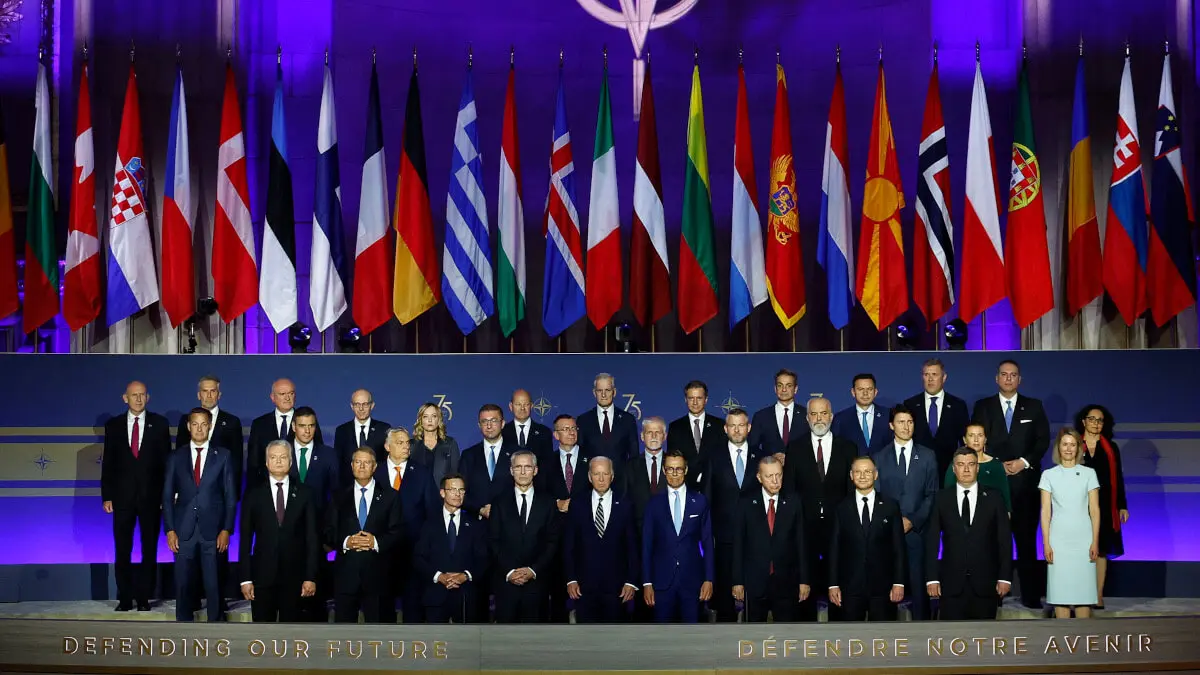
But the celebrations gave way to hard-working meetings of an organization of states that had just expanded to two new ones and whose members will meet the requirement to allocate more than 2% of GDP to defence. NATO is the subject of a huge role, driven by the war in Ukraine and the growing ambitions of China. All this is based on a difficult consensus of the 32 members. NATO allies are showing signs of being united, both in assessing the situation and in preparing to fulfil their mission.
The vision of the upcoming anniversaries is presented with dark clouds. Uncertainty about the future of American foreign policy, on the one hand, and the continued massive dependence of European countries on this policy for their security, on the other, are the critical element of the problem. It is a way to establish the basic security of Europeans. The uncertainty will lose validity in five months in the US presidential elections.
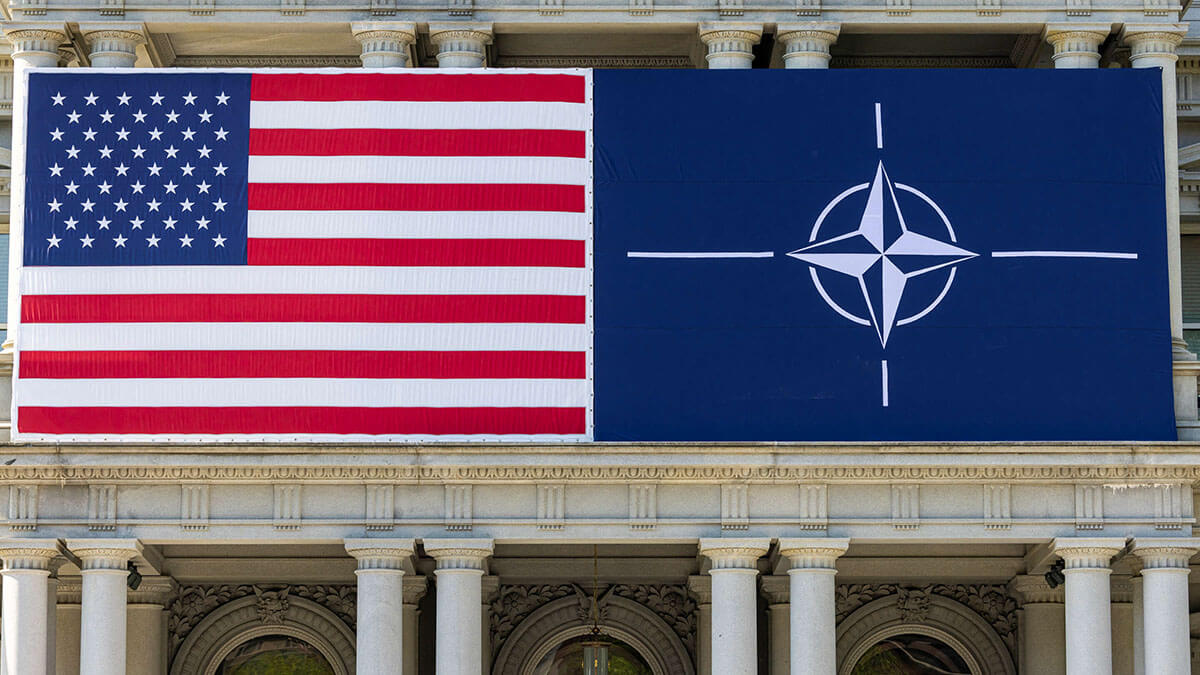
What was said at the summit
The 75th anniversary summit is the eleventh since Moscow's aggression on Ukraine began in 2014 and the third annual one since Russia's full-scale invasion in 2022. Like its ten predecessors, this Summit has adopted gradual measures to meet the challenge posed by the first large-scale invasion in Europe since the end of the Second World War.
The content of the final Communique can be considered as essential, stating that "Russia remains the most significant and direct threat to the security of Allies.” But the question arises when establishing from when, why in 2022 Russia was not deterred and basing the measures adopted at the Summit to address the threat on that. The references to the NATO-Ukraine relationship show the harsh reality that neither Ukraine nor Europe will be safe until Ukraine joins NATO.
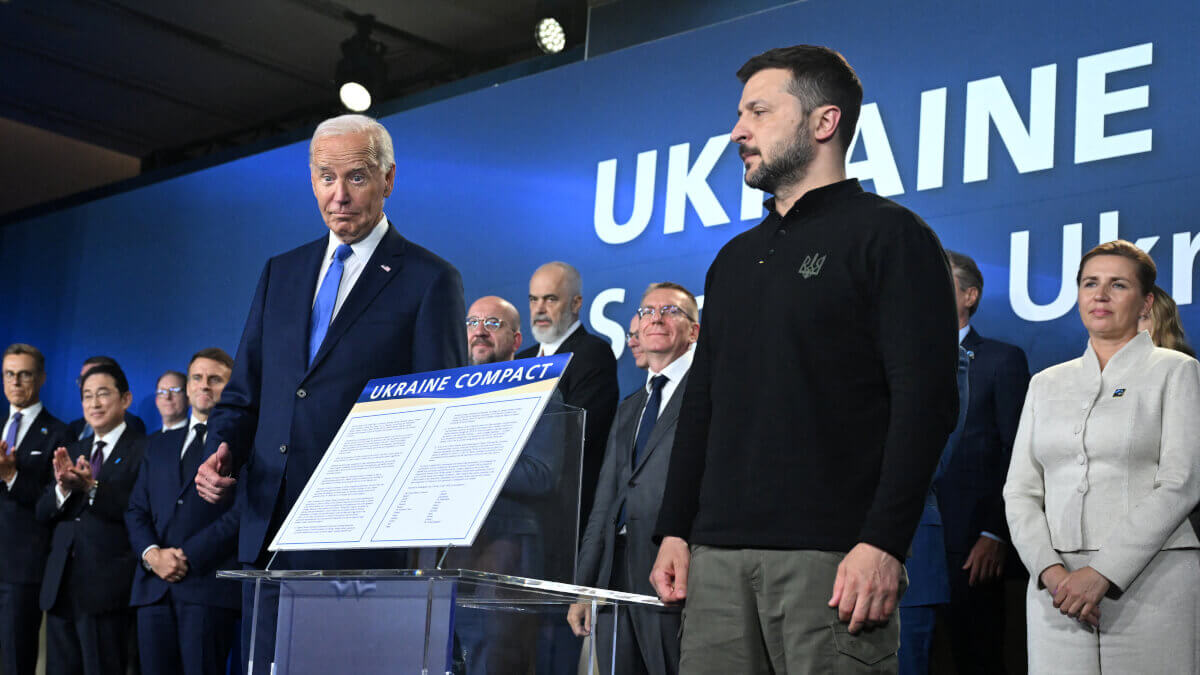
The statement states that the decision on Ukraine's accession is "irreversible", for which measures were introduced to promote cooperation such as sending a NATO High representative to Kyiv, establishing a training program for Ukraine, and opening a new headquarters for cooperation in the NATO-Ukraine Council. But these steps are modest and contrast with the advantages that Sweden and Finland enjoyed before becoming members. Which leads to the following questions: why can't Ukraine's ambassador to NATO participate in the North Atlantic Council (NATO's decision-making body)? why can't Ukrainian officials participate in the NATO apparatus? This could explain why Andriy Yermak, head of the Ukrainian presidential office, showed unease at the NATO Public Forum in Washington when asked how he would evaluate the summit, before acknowledging that Ukraine was “satisfied.”
In contrast to those modest steps on the issue of integration, there were better outcomes of the Summit in the form of security agreements that Ukraine signed with NATO members and partners. While these agreements do not replace the protection of NATO Article 5, in some cases, such as the one signed with Poland, they provide additional air defence capabilities to Ukraine. These agreements also promise long-term security assistance.
The scenario is also favourable about the actual supplies of weapons to which the Allies committed themselves during the Summit. The deliveries include five "Patriot" batteries and other sophisticated air defence systems, Abrams tanks and Bradley fighting vehicles, and F-16 aircraft. Overall and theoretically, this will be an important addition to Ukraine's defence capability, coupled with significant logistical support, as well as a signal to Russia of NATO's support for Ukraine.
What can be discussed at the next summit
Although during his campaign Trump has not yet appointed a new National Security team or openly adopted a new agenda for NATO, experts close to the former president predict firmness in the pressure on the Europeans to activate a new security architecture more in line with a new conception. The American permanence would imply the much-announced increase in European defence spending, in addition to a radical reorientation of NATO, justified by the American debt, the weakening of military recruitment and a Defence Industrial Base that cannot keep up with the pace imposed by the challenge of Russia and China. In this sense, the United States would maintain its nuclear umbrella over Europe during a second Trump term, retaining its air power and its bases in Germany, the United Kingdom and Türkiye, as well as its naval forces. Meanwhile, most of the ground troops would become an important part of the European contribution.
The rapid resolution of Ukraine war could also play a key role in Trump's plans for NATO. According to various sources, the likely Republican candidate is considering an agreement by which NATO would commit itself not to expand eastward, specifically towards Ukraine and Georgia, and to negotiate with Russian President Vladimir Putin the Ukrainian territory that Moscow would keep.
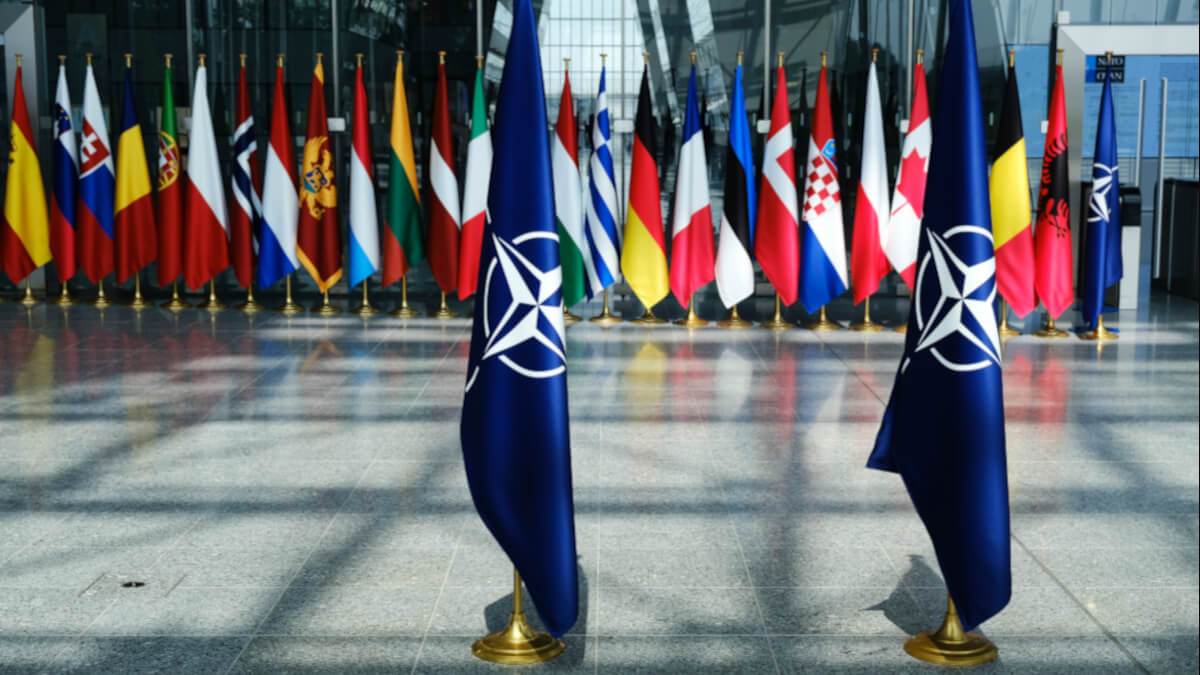
Taken together, Trump's innovative approach in these areas would amount to a revolution in NATO affairs, a change that many experts are of the opinion that Europe is incapable of achieving soon. The United States is by far the largest contributor to NATO operations, spending some $860 billion on defence, which accounted for 68% of total spending by NATO countries in 2023. That is much more than ten times the contribution of Germany, the second largest spending country. A substantial part of US defence spending, amounting to about 3.5% of US GDP, goes to the defence of Europe, although the Pentagon refuses to publicly disclose how much, says Jeremy Shapiro, director of research at the European Council on Foreign Relations.
At a meeting with President Joe Biden in Washington in early July, outgoing NATO Secretary General Jens Stoltenberg announced that 23 of the 31 NATO members, excluding the United States, will reach the Alliance's 2% target. This is expected to include Germany for the first time since the 1990s. The defence minister of that country, Boris Pistorius, declared that Germany will increase up to 3.5% of GDP for his department.
But even if Germany reaches that goal, some former Trump-aligned defence officials are of the opinion that it would not be enough. “I'm in favour of keeping the North Atlantic Alliance, but I think the only way to do that - and I tell the Europeans that all the time - is for them to take on a much bigger burden,” said Elbrige Colby, who led Trump's National Defence Strategy as Assistant Secretary of Defence for Strategy and Force Development, who is said to be in the line of succession for a top National Security post, in an upcoming Trump administration.
Trump has not publicly detailed his plans for Ukraine, but during the election campaign he has repeatedly promised that one of his first tasks would be to end the war: “Even before we get to the Oval Office, shortly after we win the presidency,” he declared at a rally on June 22 in Philadelphia Trump has not publicly detailed his plans for Ukraine, but during the election campaign he has repeatedly promised that one of his first tasks would be to end the war: “Even before we get to the Oval Office, shortly after we win the presidency,” he declared at a rally on June 22 in Philadelphia. When asked if he was willing to rule out NATO expansion into Ukraine, Trump replied – in largely unpublished comments - that promising When asked if he was willing to rule out NATO expansion into Ukraine, Trump replied – in largely unpublished comments - that promising Ukraine NATO membership had been a "mistake“ and that ”that was really the reason this war started." Many in the Trump camp openly prefer a Ukraine without NATO. "NATO has already expanded far beyond what we need for an anti-hegemonic coalition” against Russia, Colby said.
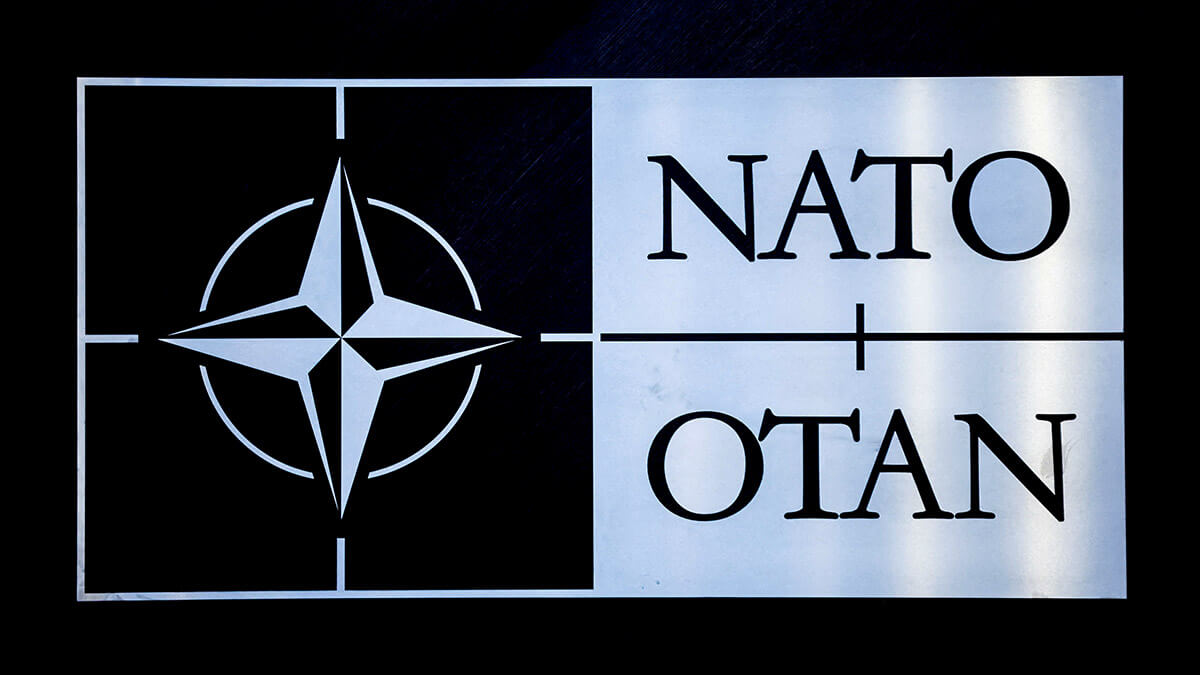
By way of reflection
Reality is stubborn. Of the 1,304 trillion euros of NATO spending in 2023, the Reality is stubborn. Of the 1,304 trillion euros of NATO spending in 2023, the United States will cover a whopping 875 billion, the rest is divided among the remaining 31 members. This division is one of the many reasons why the simple quantitative logic of ", but we spend much more than Russia” does not work.
What counts is having the military capabilities wherever they are needed. Without American help, the European components will not become a deterrent force, lacking cot in the Atlantic.

